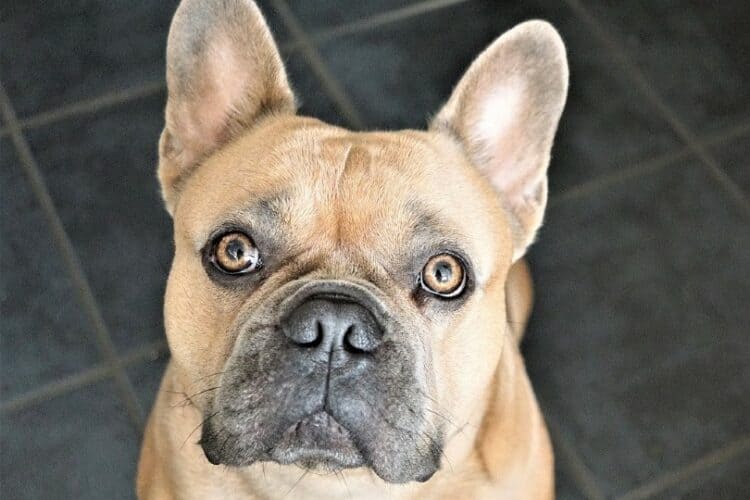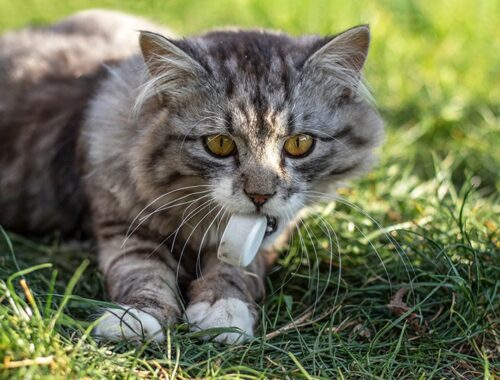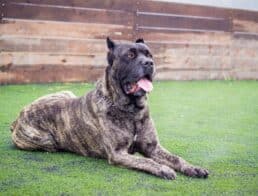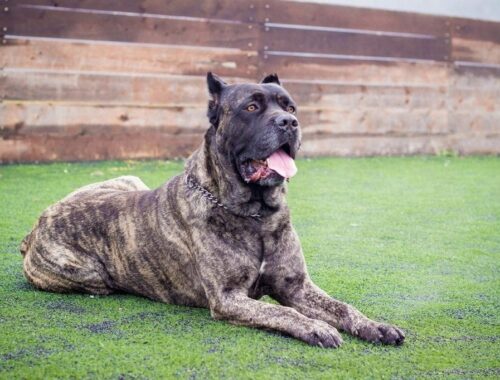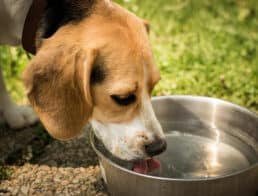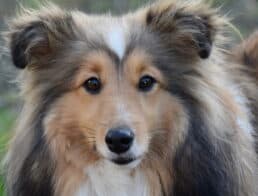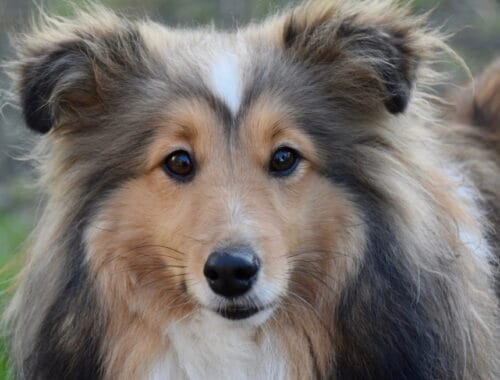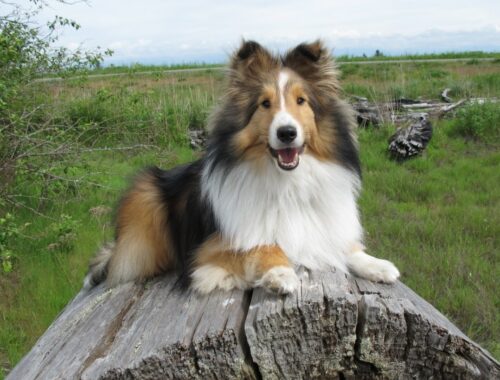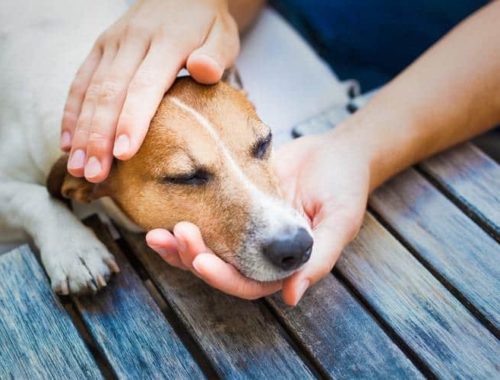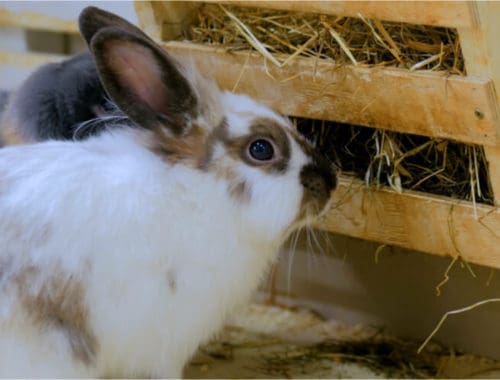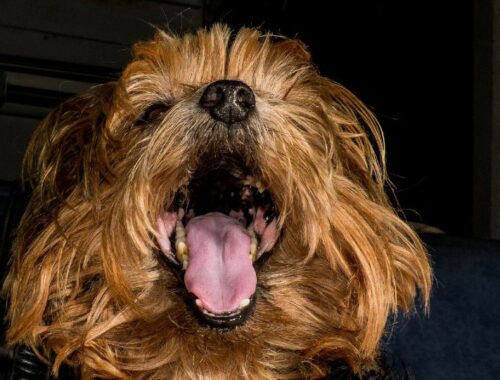Question: What is This Lump/Swelling on My Dog’s Cheek?
I discovered this lump near my dog’s cheek. The area feels hard and solid. She recently had an infected tooth (or so the vet said but wasn’t positive) that would not stop bleeding a few weeks back but I thought that had passed. Perhaps this could be another result of the tooth, as in some type of abscess? What does this look like to you?
-Marisah
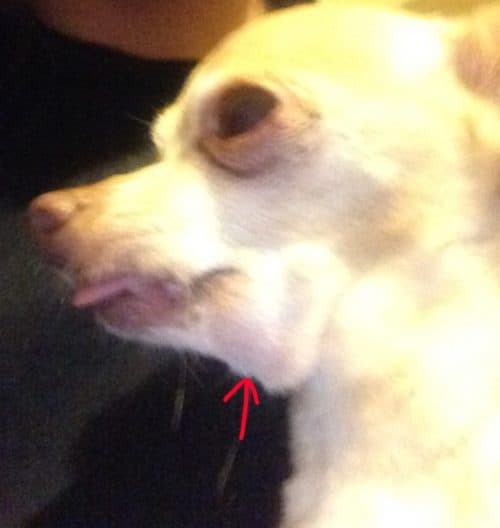
Answer:
Dear Marisah,
Thanks for writing in with your question. Lumps and swelling appear suddenly can be worrisome for any dog owner!
It’s not possible for me to make a diagnosis without examining your dog, but let’s go over some of the possible causes for lumps in the head and neck area.
Tooth Root Abscess
Dental infections can cause swelling in the face or neck area when tooth roots become infected. Occasionally, the lump will open and drain fluid from the infection. The treatment for tooth root abscesses involves antibiotics and extraction of the infected tooth. If antibiotics are given but the tooth is not extracted, it’s likely the problem will return in a matter of weeks or months.
While the pet is under anesthesia, your vet will be able to take radiographs to see if any other tooth roots have problems. The best treatment for tooth root abscess is removing the affected tooth. Small dogs with severe dental disease often end up having multiple tooth extractions.
This sounds daunting, but most dogs do well after the procedure and have improved overall health. Most people report their dog acts years younger after having infected teeth removed. It’s definitely worth checking into having a dental procedure if your vet recommends it!
Other Causes of Lumps Near the Cheek
Lymphadenopathy
There is a big lymph node (submandibular lymph node) that lives in the lower back corner of a dog’s jaw. These nodes contain immune system cells that help clear out bacteria and other pathogens in the mouth, ear, and head. The lymph nodes may become swollen when there is an infection in the mouth.
Another cause for swollen lymph nodes in this area is a type of cancer called lymphoma. The submandibular lymph nodes are usually swollen on both sides of the jaw with lymphoma, but your vet will want to get a biopsy of the swollen nodes to make a diagnosis.
Salivary Mucocele
In addition to lymph nodes, there is also a large salivary gland at the back corner of the jaw. Sometimes this gland will start leaking saliva into the surrounding tissues, causing inflammation. This can be caused by trauma to the area or may have an unknown cause.
Treatment for a salivary mucocele is surgical removal of the gland. There’s not much worry about your dog getting a dry mouth since there are plenty of other salivary glands to take up the slack.
Tumor
It’s possible for a tumor to form in this area that is not associated with a lymph node. Other structures in the area include the thyroid and parathyroid glands. It’s not common to see tumors on these organs, but it happens occasionally.
Your veterinarian may recommend doing a fine needle aspiration to collect a sample of cells for examination under a microscope. This can give a better idea of what’s causing the swelling and does not require anesthesia. Not all tumors are cancerous, but it’s good to know if it is so the appropriate treatment can be given.
I encourage you to follow your veterinarian’s recommendations for diagnostics and treatment. Your dog is counting on you to help her stay well!
Regards,
TB Thompson, DVM
Featured Image Credit: Pixabay


